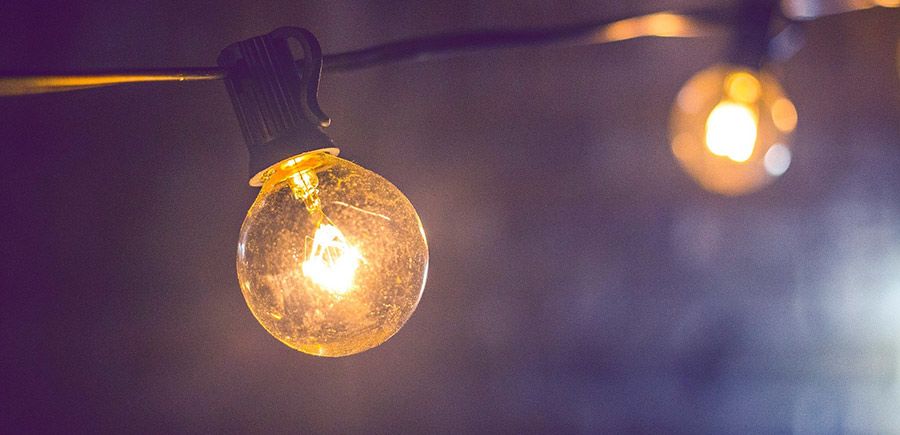Electrical Safety for Your Home

Most home fires are started by an electrical cord or an appliance. Frayed cords, poorly placed objects, and overworked outlets all create a hazard. Fortunately, it’s very easy to prevent these types of fires.
Keep fabrics away from lamps
Lamps generate a lot of heat. This is especially true if you’re still using incandescent bulbs instead of fluorescent or LED. Curtains, blankets, and other fabrics can easily catch fire if they’re exposed to a lamp that’s been lit for a while. Keep all fabric items well away from lamps, and don’t leave lamps turned on when you leave the room.
Store cords properly
Some people like to run extension cords underneath rugs to keep them out of sight. Others will place heavy furniture on top of power cords for the safe reason. While this is understandable, it’s also unsafe. Anything that places pressure on a cord will cause it to wear out more quickly than it would otherwise. A worn out cord is one of the top causes of an electrical fire. If the cord is underneath a rug, it’s especially dangerous, as mentioned previously. Instead, run cords along walls so they’ll be out of the way but still safe.
Don’t plug in too many devices at once
Even if you have a splitter that lets you plug five devices into a single outlet, it’s probably not safe to use all of those ports at once. The more electricity that flows through an outlet, the more energy is being used, and the hotter it will get. Overworked circuits can very quickly start fires. If you need to plug in multiple devices, divide the work among several different outlets.
Unplug items you aren’t using
Electronics continue to use power even when they’re turned off. If you know that you won’t be using a device for a while, unplugging it saves energy and eliminates the risk of fire.
Clean and dust regularly
Dust buildup around outlets or grease on the stove top is an accident waiting to happen. Keeping these things clean will make things much safer.
Watch for water
Sometimes outlets are placed underneath windows. If that window develops a leak, the water will run down onto the outlet, and we all know that water and electricity aren’t a great combination. Keep your home checked for water spots and other marks of damage that could be a sign of a potential risk.
